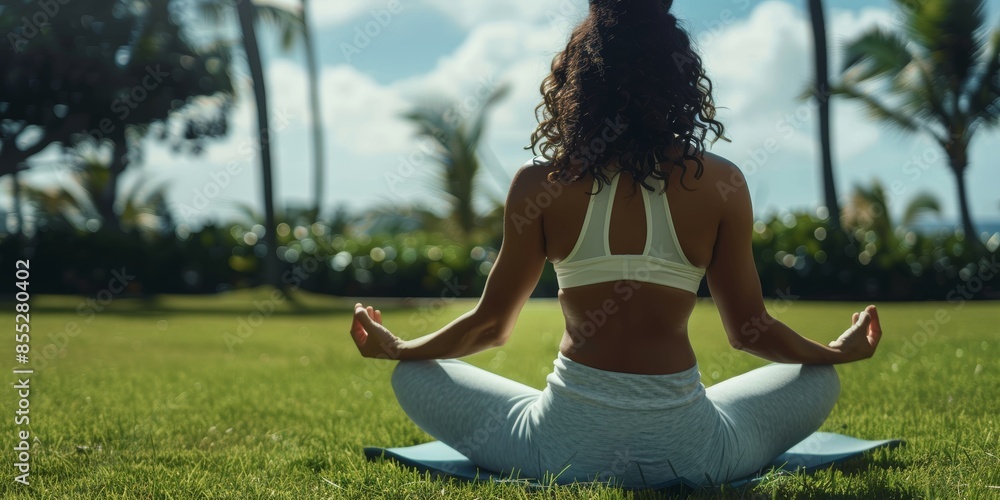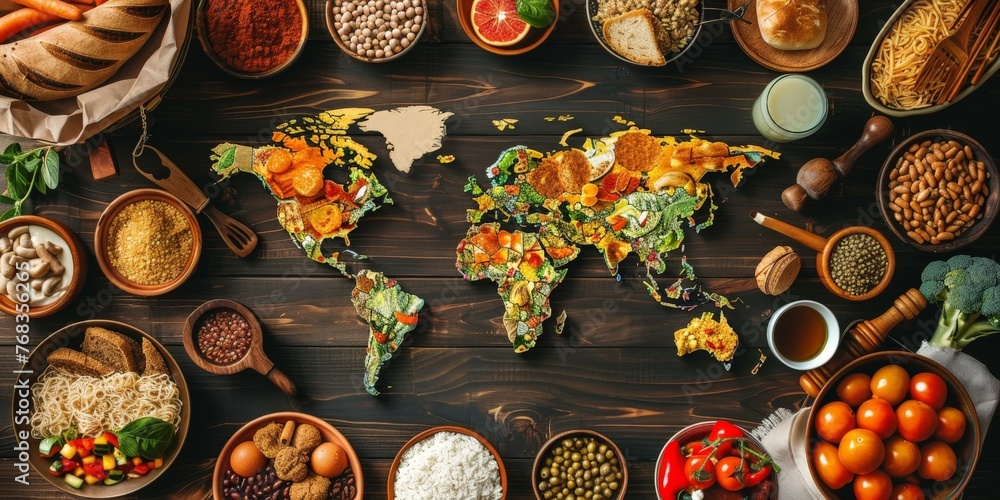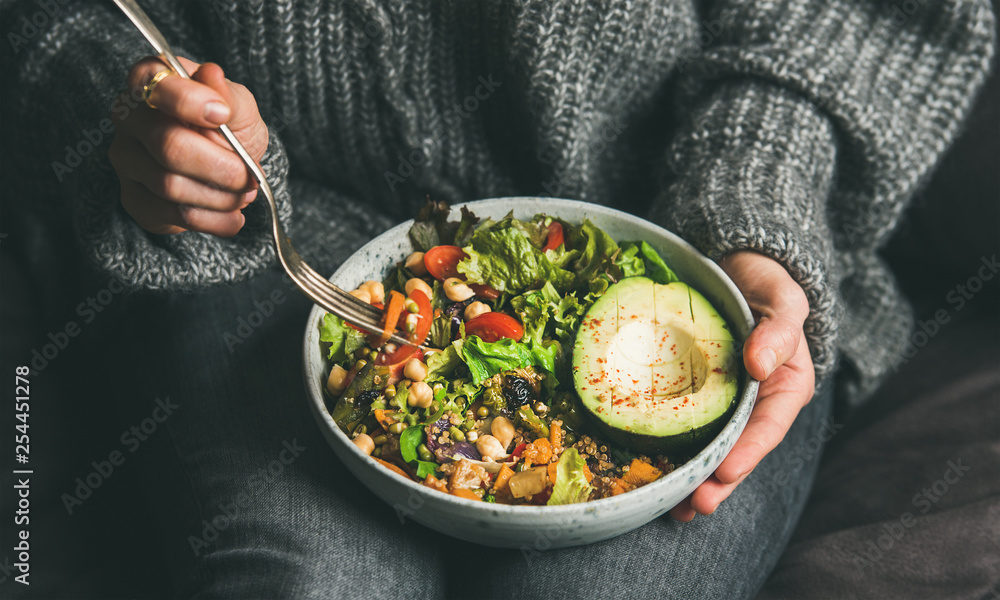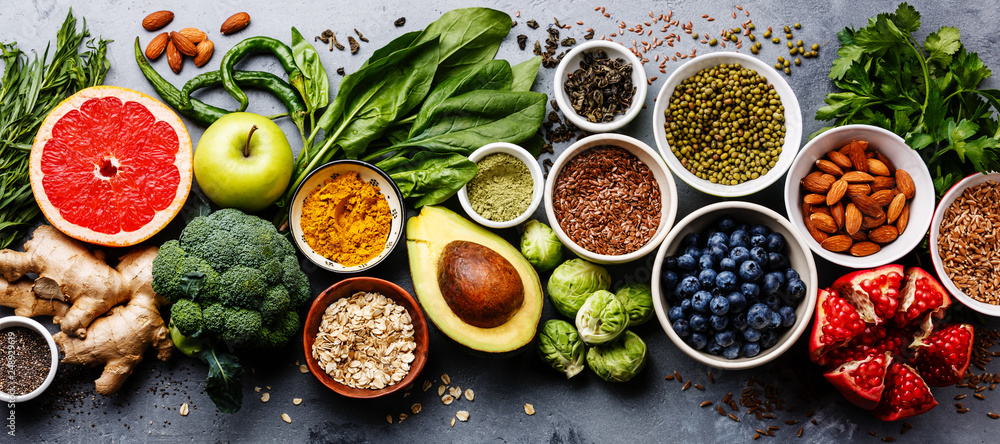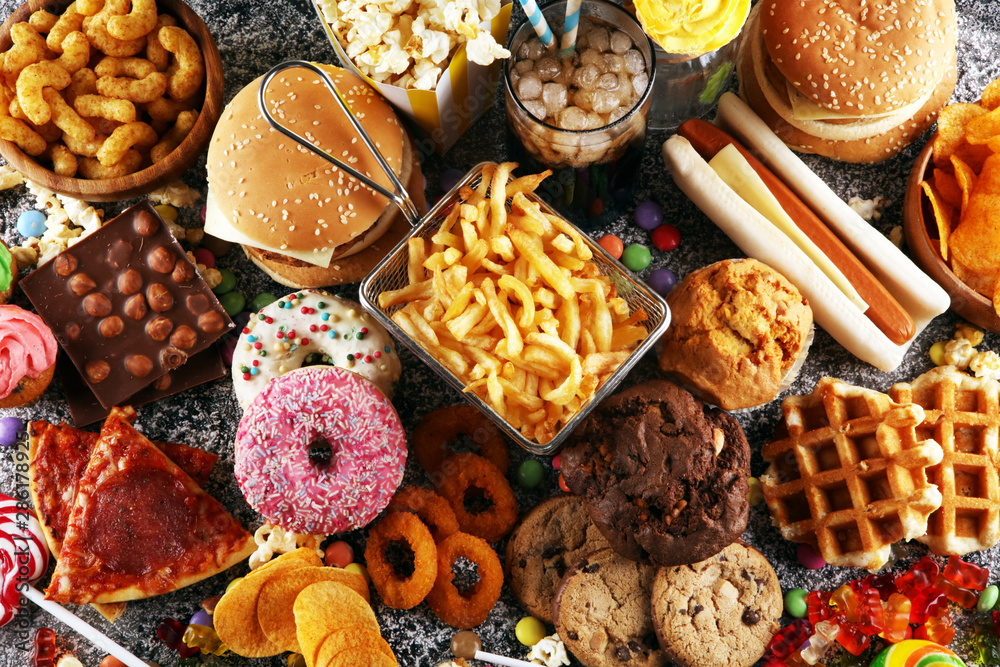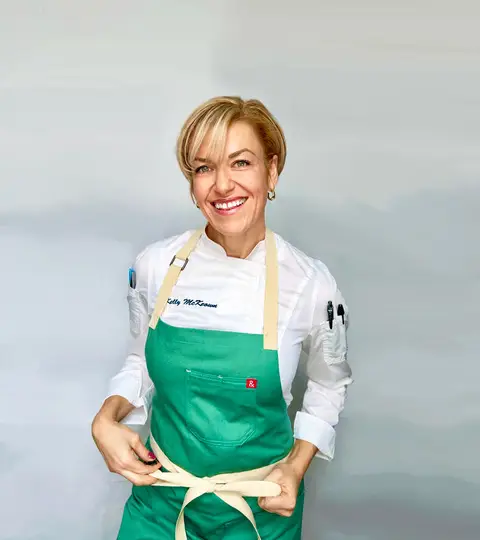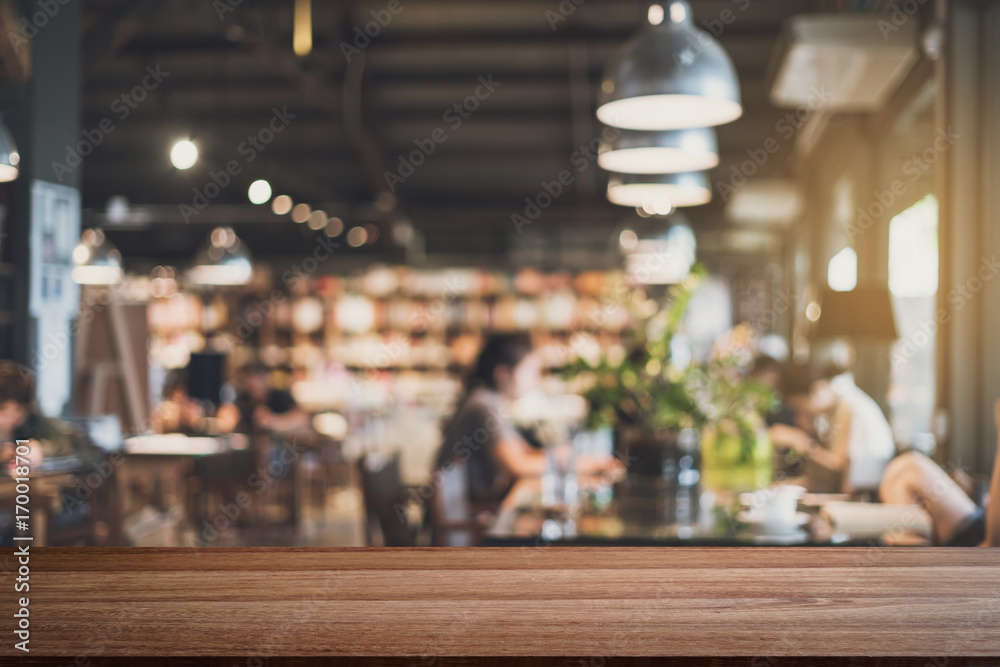People often ask why I exercise so much, pointing out that I’m already “skinny” enough. But for me, exercise isn’t just about how I look; it’s a crucial part of who I am and how I feel. When I don’t get some form of exercise each day, it’s as if something vital is missing from my routine. It’s not just a habit but a necessity for my mental and emotional health. Exercise helps me manage anxiety, reduces stress, and gives me a sense of clarity and calm that nothing else can provide.
People tend to focus on the physical benefits,
like weight loss or muscle tone, but they overlook how transformative exercise can be for the mind. I’ve found that when I’m active, I’m more focused, more positive, and better equipped to handle life’s challenges. The saying, “A body in motion stays in motion,” resonates deeply with me because I’ve experienced the other side of it. There was a time when I became really heavy, and the impact on my body was undeniable—my back ached, my knees were constantly sore, and I felt sluggish and uncomfortable in my own skin.
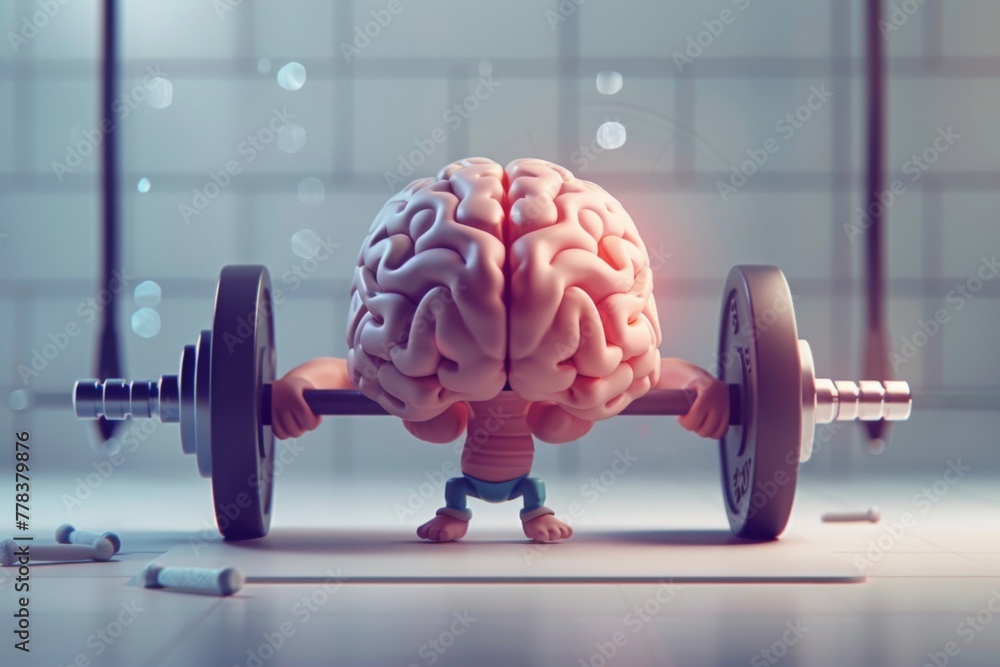
Exercise was my way out of that cycle, and it became much more than a tool for physical change. It’s my therapy, my stress relief, and my way of ensuring that I’m taking care of myself inside and out. When I move, I feel alive, connected, and in control. So when people tell me I’m already “skinny enough,” I want them to understand that for me, exercise is not about reaching a certain size or shape. It’s about maintaining a healthy mind and body, staying active to avoid the physical pain I once felt, and ensuring that I’m living my life to the fullest potential.

